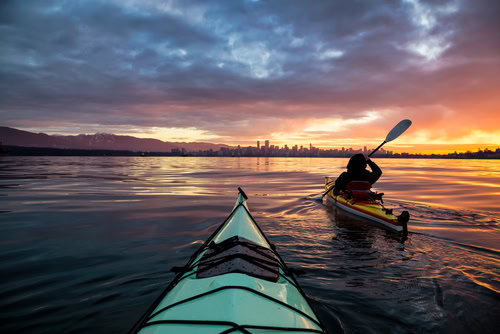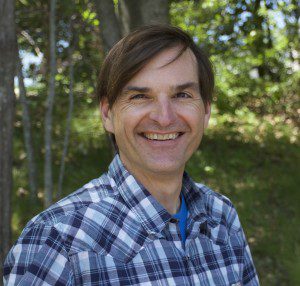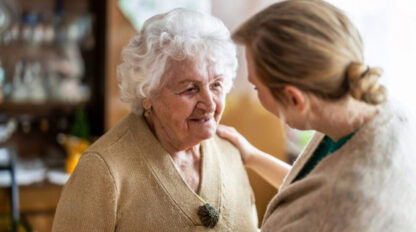Adventure Programming and the Power of Reflection

Therapeutic Adventure Programming
Therapeutic adventure programming is defined as “the prescriptive use of adventure experiences provided by mental health professionals, often conducted in natural settings that kinesthetically engages clients on cognitive, affective, and behavioral levels.”
Considering this definition, we often think about adventure programming as images of climbing, trekking, and water based expeditions in pristine alpine settings or isolated river systems imbedded in the wilderness.
Sometimes this is the case, and as Director of Experiential and Adventure Programming, I have spent many days with clients in these environments; challenging themselves, their ideas, their physical limits, and their ability to work as a team under the unapologetic and consequential environments nature can offer.
More often though, I am working with clients, one on one, in and around their homes. Guiding them in their treatment and personal goals to help them learn and re-learn how to navigate in their personal wilderness.
Both in the wilderness and the wilderness of the real world, I find one simple equation can make experiential and adventure programming understandable:
Experience + Reflection = Learning (E+R=L)
Experience + Reflection = Learning
In this equation, my role is to become a partner in their experience. To highlight the current and future challenges and provide the guidance and support they need so that they feel safe to take the appropriate risks necessary for change to occur.
Today, for example, I went climbing with a client at a local outdoor recreation area and after wrestling with the rock walls, I asked them how this activity related to their recovery. After a few minutes of thought, they responded by saying they felt humbled by the experience and that, like their recovery, they need to pay attention to themselves and others, be patient, and remain willing and accepting to new ideas, new concepts, and not give up because something is hard or awkward.
Having an experience then, in any form, and reflecting upon it, begins and continues the process of better understanding ourselves, others, and our surroundings. Understanding our experiences gives us the knowledge, skill, and confidence to move deeper into our personal wilderness and all the adventures that await us.
If you or a loved one is in need of mental health disorder services, Intent Clinical is here to help. Call (617) 221-8764 or visit our Contact Us page to schedule a consultation.
Meet the Author


